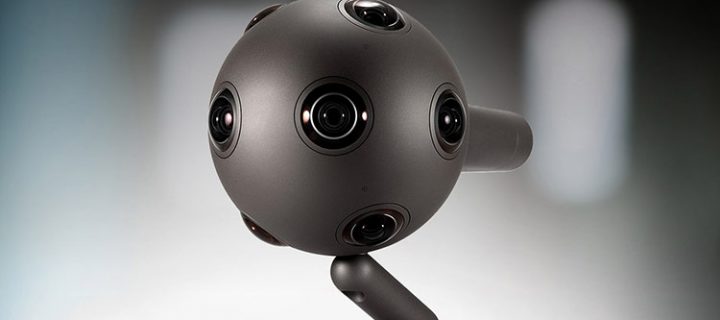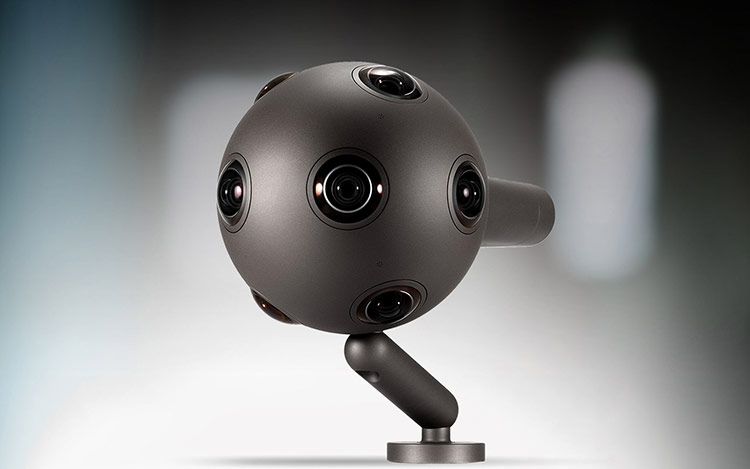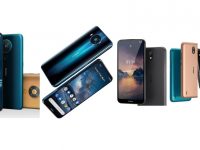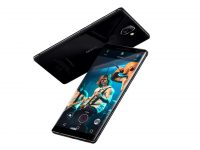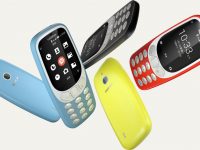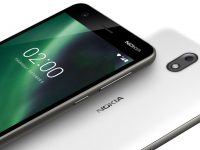Nokia’s high-end OZO and OZO+ VR cameras are known for capturing best quality 360-degree videos. These devices were aimed towards filmmakers like Disney. Recent reports have revealed that the sales of OZO VR devices have declined sharply. The Finnish firm has decided to shut its OZO VR division because of slower-than expected development of the VR market.
According to the official statement from the Finnish firm, it will focus on developing smart health products instead of making VR devices. The company will be also concentrating more on growing the Nokia brand and technology licensing. The shutting of OZO division has resulted in 310 job losses in Finland, the U.S. and the U.K.
The first Nokia OZO device that features eight cameras and eight microphones for capturing 3D video and audio was introduced in July 2015. It was launched with a pricing of $60,000 and it was developed for using in Hollywood films and TV advertisements.
The Nokia OZO was applauded for its compact design and its critics claimed that it is one of the simplest 360-degree VR cameras. However, the files created by the camera were huge. Also, it didn’t perform well at scenes with shadows or highlights. In April this year, the improved Nokia OZO+ was released to capture cleaner images. It had arrived with a pricing of $45,000. Five months later, its price was discounted to $25,000.
Pricing could be one major factor that could have resulted in the reduced sales of OZO cameras as other companies have focused on releasing cheaply priced VR equipment rather than taking the route of developing an advanced VR device. People prefer to use low-priced VR headsets that allow users to use smartphone as the display screen. Even though major companies like Facebook and YouTube are supporting VR content, it has not been widely accepted by the consumers.
Around 1,090 people are employed with Nokia Technologies and the axing of 310 jobs will result in losing one-third of its workforce. Nokia has said that it will stop the development of newer models of OZO devices. However, it will “maintain commitments” with the existing customers without clarifying on what that means. Nokia Technologies will now focus on the digital healthcare products from Withings business such as like blood pressure monitors, smart scales and so on that it had acquired in the previous year. Withings products are now sold as Nokia Health devices.
Do you think that the VR market is yet to gain widespread use? Are you using a VR headset? Share us your thoughts by adding your comments below.
(source)

